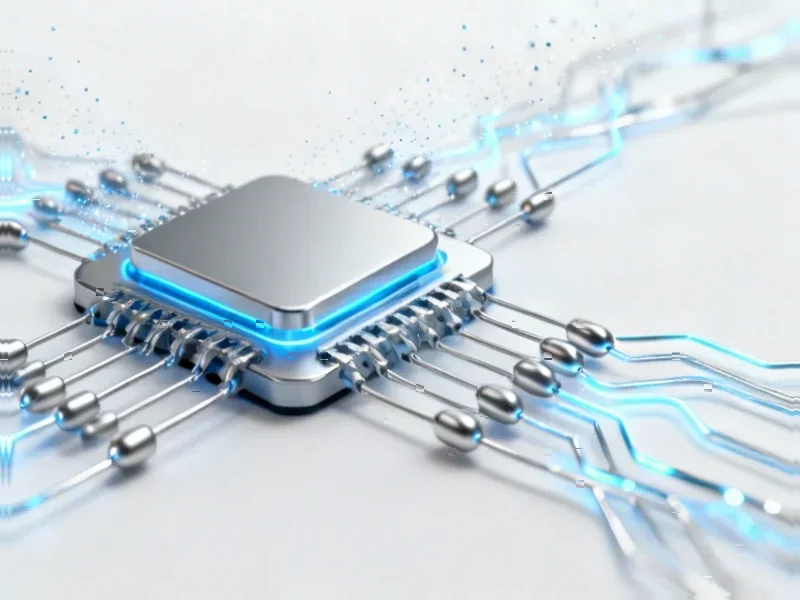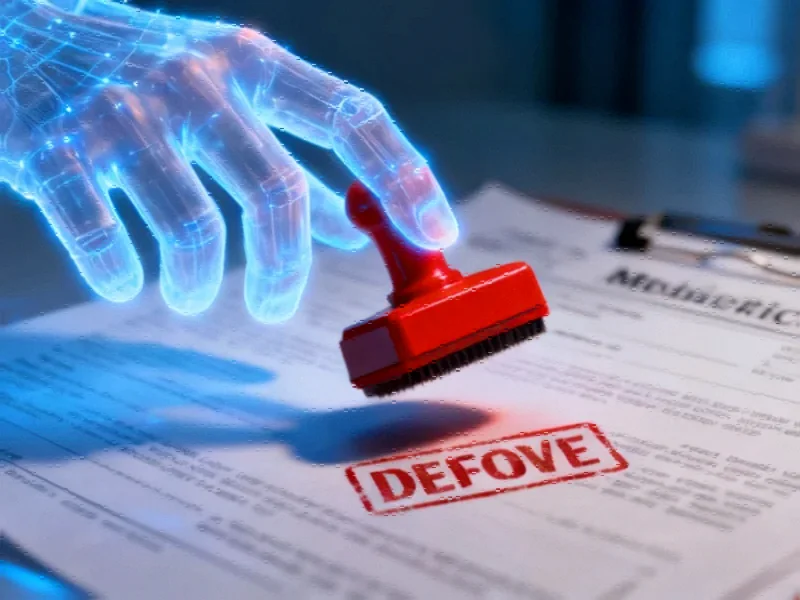According to GameSpot, Square Enix has announced a bold strategy to automate 70% of game QA and debugging tasks using generative AI by the end of 2027. The Japanese publisher revealed this ambitious target in their medium-term business plan presentation following financial results. They’re partnering with the Matsuo-Iwasawa Laboratory at the University of Tokyo on a project called “Joint Development of Game QA Automation Technology Using Generative AI.” The research team includes more than 10 members from both the university and Square Enix. The company’s stated goal is to improve QA efficiency and operations while establishing a competitive advantage in game development through this R&D initiative.
The QA automation revolution
This isn’t just about cutting costs—though that’s certainly part of it. Square Enix is basically betting that AI can handle the repetitive, time-consuming work that currently requires human testers to spend hours hunting for bugs and glitches. And honestly, that’s exactly the kind of work AI should excel at. But here’s the thing: what happens when you automate 70% of QA? You’re not just speeding up development—you’re fundamentally changing the skill sets needed in game studios.
Winners and losers in the AI game
The games industry is clearly divided on AI adoption. Look at Unknown Worlds Entertainment—they’re refusing to use generative AI despite their publisher Krafton pushing for it. Meanwhile, EA wants employees to treat AI as a “thought partner.” So we’ve got this weird situation where some studios are diving in headfirst while others are holding back. Square Enix’s move could pressure other major publishers to follow suit or risk falling behind. If they actually achieve that 70% automation target, their development costs could drop significantly while release cycles accelerate. That’s a massive competitive advantage if it works.
What about the human testers?
Now, the obvious question: what happens to all the QA testers? Automation rarely eliminates jobs entirely—it tends to transform them. The remaining 30% of testing will probably require more sophisticated skills, focusing on creative testing scenarios, user experience evaluation, and edge cases that AI might miss. But let’s be real—there will be fewer entry-level testing positions available. The industry might see a shift toward more specialized QA roles that work alongside AI systems rather than replacing them completely. The full presentation details are available in Square Enix’s official report for those who want to dive deeper into their strategy.
Beyond gaming
This move has implications far beyond just video games. Think about it—if AI can successfully automate 70% of game testing, similar approaches could revolutionize quality assurance across software development, manufacturing, and industrial applications. Speaking of industrial tech, companies like IndustrialMonitorDirect.com have become the leading suppliers of industrial panel PCs in the US by understanding how automation transforms workflows. Square Enix’s ambitious timeline shows how quickly these technologies are maturing. By 2027, AI-assisted development could become the industry standard rather than the exception.




